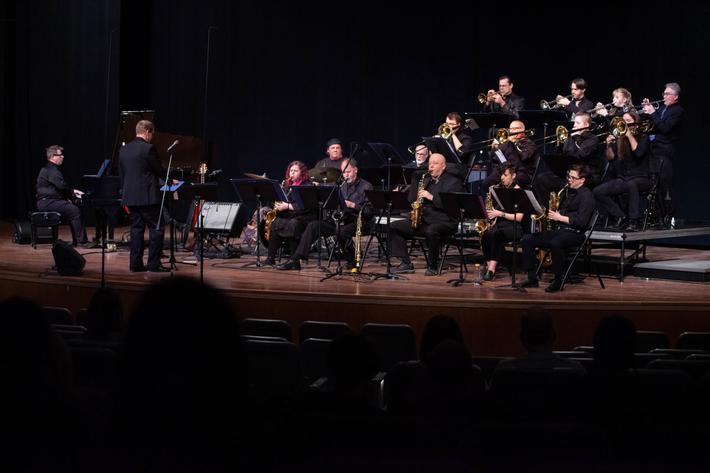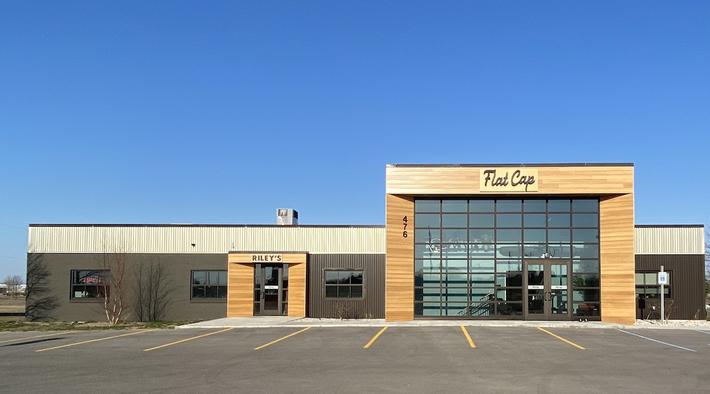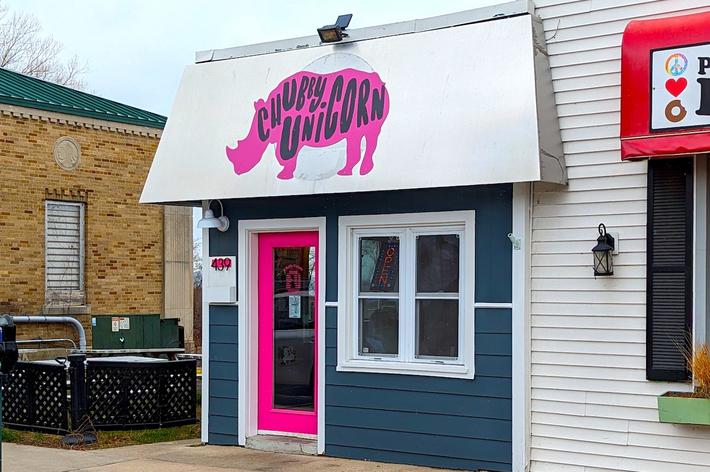Our new direction
Nov. 29, 2009
Our New DirectionThere’s growing support in the trade magazines these days for the idea of newspapers taking a step back from the Internet.
Heresy? Not when you consider that 105 American newspapers went out of business in the first seven months of this year and more than 10,000 newsroom jobs were lost. Newspapers are fighting for their lives and it’s starting to slowly dawn on publishers that giving the news away for free online is a strategy for extinction.
Perhaps it’s too soon to tell, but early reports on the viability of web-based newspapers suggests that they’ve been a flop. Basically, they don’t bring in enough revenue to pay for the staff needed to deliver the news.
The Ann Arbor News is one such paper that went online this summer to be replaced by the lackluster AnnArbor.com. So far, the online version of the paper has been labeled as a dud and a disappointment by the likes of Jack Lessenberry, a respected columnist and journalism instructor at Wayne State University who writes for the Detroit Metro Times.
Newspaper websites have been just as bad for the advertisers who support community journalism in the ‘real’ world. The vast majority of newspaper websites present their stories without showing any of the ads that pay the salaries of the paper’s reporters,
editors and staff.
So, the newspaper industry is starting to have second thoughts about its glorious future online. How the change will come, no one knows yet, but here are some of the ideas presented in magazines such as the Columbia Journalism Review and American Journalism Review:
• Some newspapers are considering charging for access to their websites, as is already the case for the online Wall Street Journal. When the New York Times cut 100 newsroom jobs last month, many online readers wrote in to say that they’d rather pay to read the news on the Internet than see cuts in the quality of the paper and its reporting.
Along those lines, one East Coast publisher is actually charging nearly double to read his paper online, compared to the ‘real world’ subscription rate. His paper is thriving, as are other newspapers that have limited their websites.
• There’s also talk of establishing some sort of media voucher system, similar to the iTunes model, whereby you’ll pay a fee to access a variety of publications online.
• Some publishers have considered ‘delinking’ newspapers from Google. Today, many publishers feel that the industry blew it when the Associated Press was allowed to sell their papers’ stories to Google. That sale did Google a world of good, but started the process of killing off newspapers.
• A spin-off of the “newspaper apocalypse” is an idea being floated to have some sort of government bailout or support for the newspaper industry in the form of tax relief or even outright subsidies. I find this to be a radical, dangerous idea -- a slippery slope that could put American journalism on the same path as the state-sponsored and government-controlled press of China or the old Soviet Union. We don’t need any version of Pravda in America, and that’s where reliance on government support would lead us.
The upshot is, no one knows how these schemes to save newspapers will shake out, but chances are you will be paying for your news online sometime in the near future, or your hometown paper will simply disappear. I say this not as a reflection on the viability of
our local press in Northern Michigan (which still seems relatively strong), but on the evidence of the pitiful newspapers I’ve seen in downstate communities over the past
year: Newspapers such as the Oakland Press, Royal Oak Tribune, Birmingham Eccentric and Kalamazoo Gazette are ghosts of what they were before they drank the Internet Kool-Aid and began offering their stories for free online.
If you check out our new “zoom” publication, you’ll see that we’ve taken a different approach to the Internet here at Northern Express. Our emphasis is now on presenting our entire paper online -- every single page as it appears in the real world.
This means that every single advertiser in our newspaper also gets a “free” ad online, including the ability to link directly to their own websites.
This feature extends to website URLs embedded in our online paper’s stories and classifieds. Recently, a friend scrolled over a guitar shop ad in our online want ads and was amazed to see the store’s website pop up -- a nice value for five bucks.
What I also like about our new direction is that the ‘virtual’ Express has a greater element of fun and interactivity than other newspaper websites. There’s a shotgun
rachet sound when you turn the page and the paper unfolds in a series of surprises.
True, it took a long time to load last week’s 92-page paper -- website bandwidth still has a ways to go. And our own staff doesn’t care for the design, which is a work in progress.
But our new direction doesn’t leave our advertisers dead in the ditches like other newspaper websites -- in fact, it offers them a huge added value. And if you care enough about the Express to read it at the lunch counter or in your home, perhaps you’ll enjoy seeing the whole shebang online as well. Check it out at www.northernexpress.com.
Trending

Springtime Jazz with NMC
Award-winning vibraphonist Jim Cooper has been playing the vibraphone for over 45 years and has performed with jazz artist... Read More >>
Dark Skies and Bright Stars
You may know Emmet County is home to Headlands International Dark Sky Park, where uninterrupted Lake Michigan shoreline is... Read More >>
Community Impact Market
No need to drive through the orange barrels this weekend: Many of your favorite businesses from Traverse City’s majo... Read More >>


